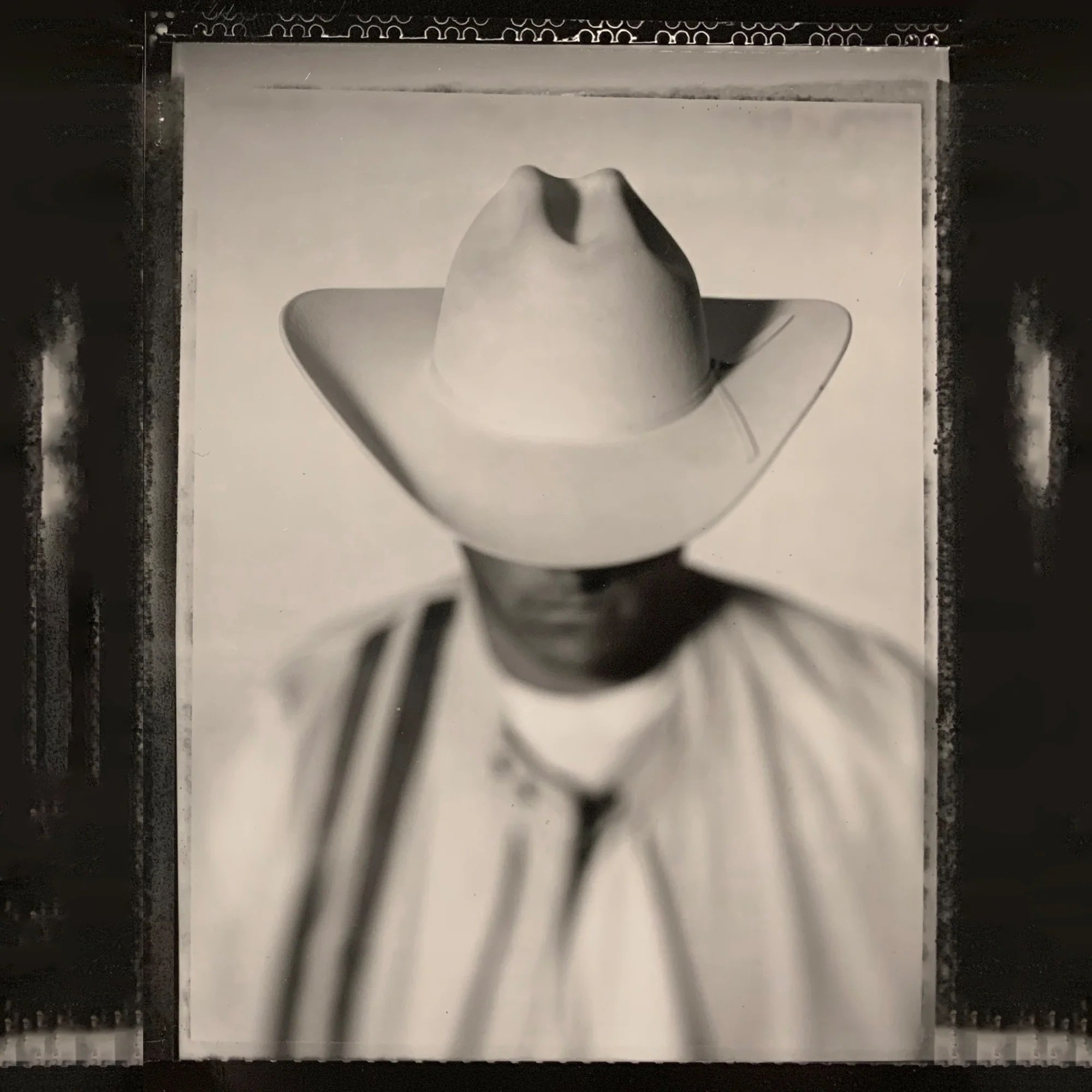Want the person you're talking to to open up? It is simple—you have to forget yourself. Even if only for a moment, your attention must belong entirely to him or her.
That’s easy when the person in front of you is deeply intriguing. Or at least if it answers the questions that have haunted you.
Not everyone can focus on another person like that. Your curiosity must outweigh your self-centeredness.
The simplest solution? Be selective about who you have deep conversations with. Interest, like a wildcat, won’t come when forced or lured—it arrives on its own.
But the ultimate skill is seeing something in a person truly worthy of your attention. Call it what you will—a hidden light, a divine spark, or a mysterious play of shadows.
This takes kindness, maturity, and an understanding of people—so you don’t recoil from the strange shapes that hide their true selves.
And when do you finally accept all the ugly, terrifying, unbearable sides of human nature? The moment you find at least a drop (more like an ocean) of it within yourself.
Yours sincerely,
-Alexander
About me:
As a business therapist, I help tech founders quickly solve dilemmas at the intersection of business and personality, and boost company value as a result.
How can I help you?
If you've long been trying to understand what is limiting you and/or your business and how to finally give important changes a push, then The Catalyst Session is designed specifically for you. Book it here.





















